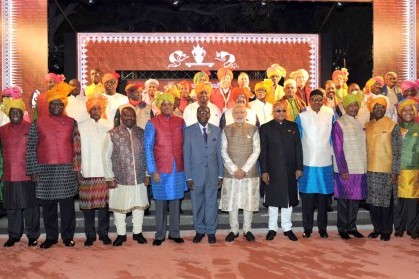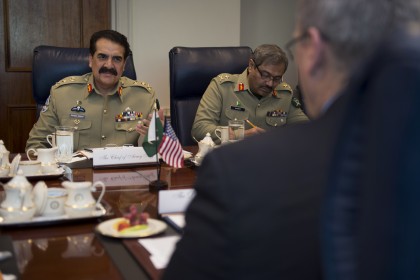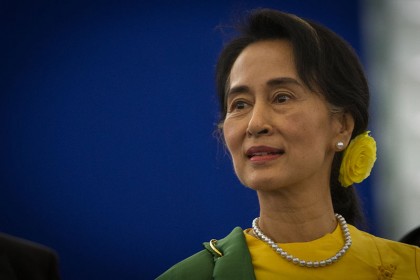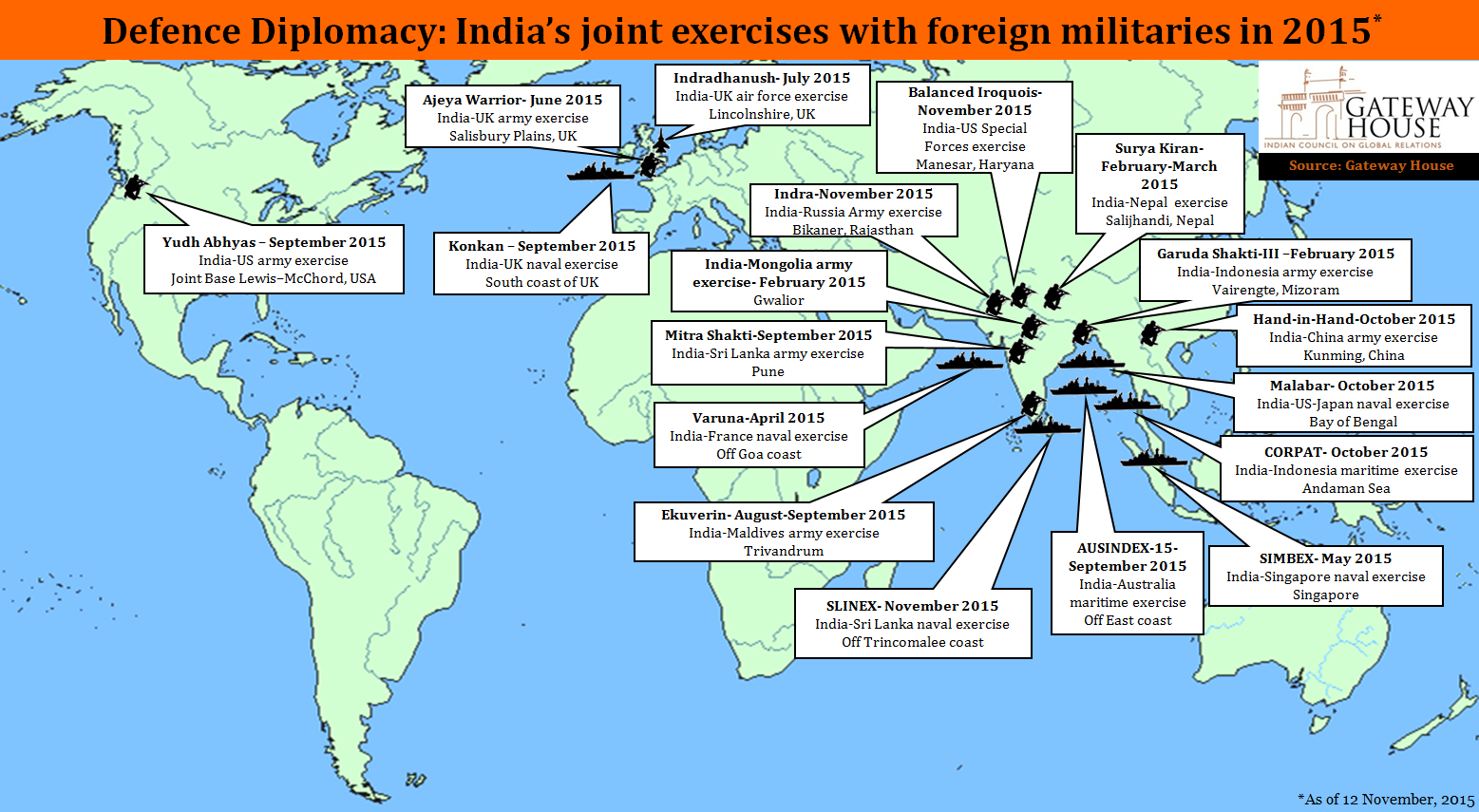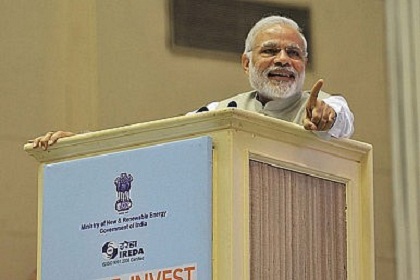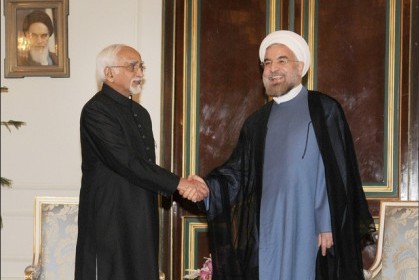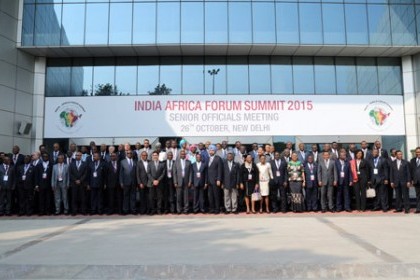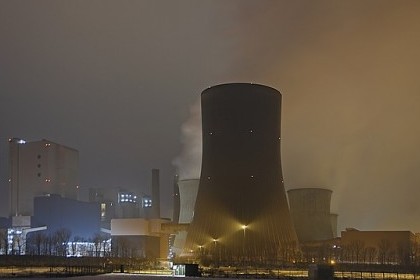India-Africa: walk the talk
The third India-Africa Forum Summit in New Delhi concluded on 29 October 2015. It is time that India begins work towards elevating the partnership with Africa and move ahead from the lofty ideals and grand vision statements. A conscious effort to shift gears and pour in investment in Africa is the need of the hour.

